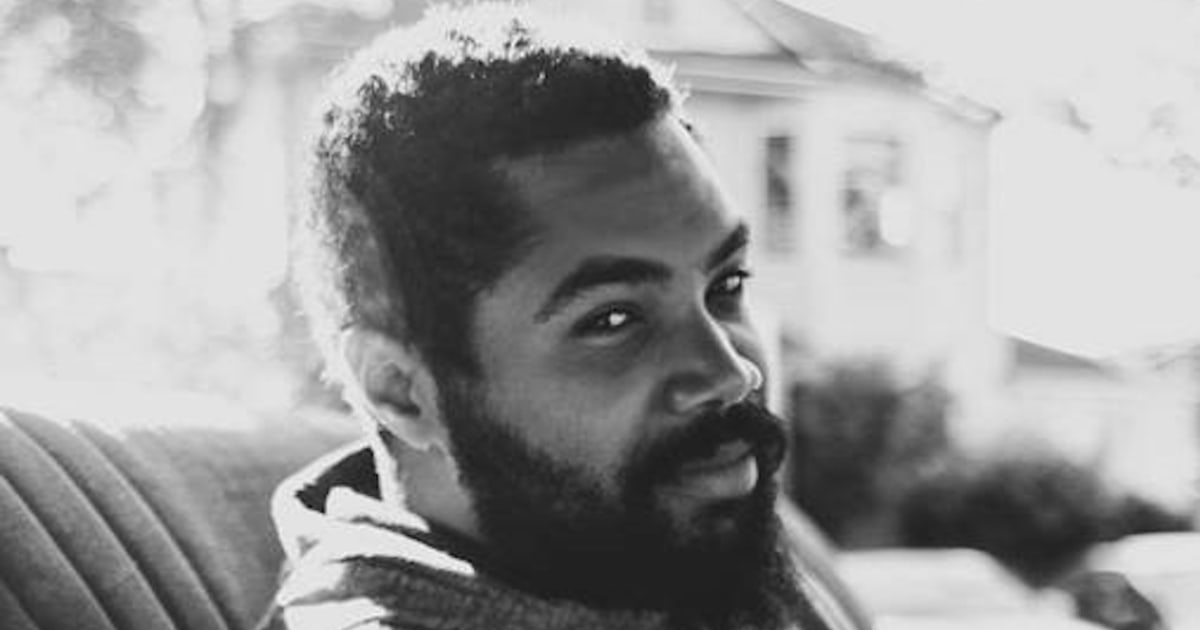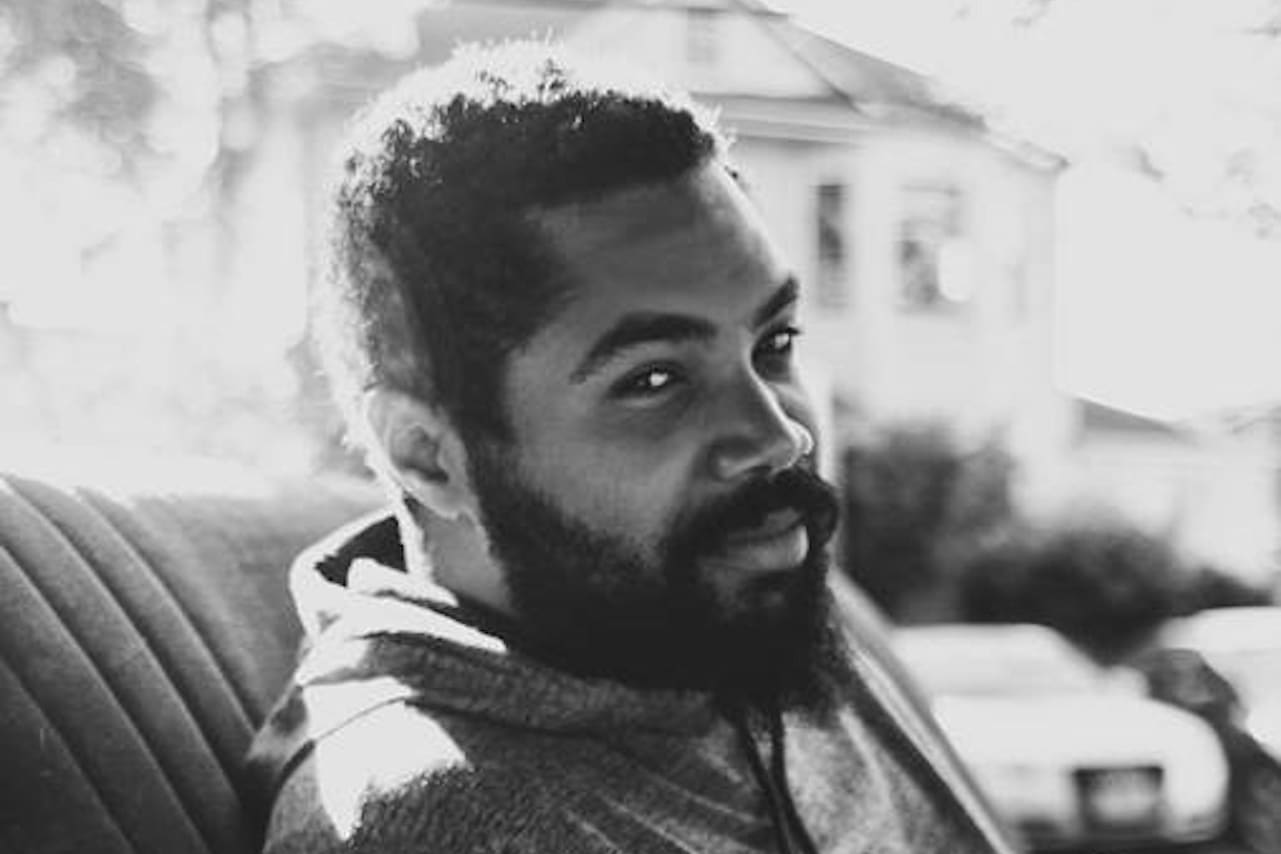
What the city of Philadelphia did to the people in MOVE was simultaneously a big deal and not at all when I was growing up. I’d heard the term “MOVE,” I knew that there was some group and some bomb but that was really the extent of it; there was never much clarity. Even in Philly, people either didn’t know anything at all about this series of events or, if they did know something, they didn’t really understand it. Even there, it was just a broken narrative.
I think people don’t understand what the government is truly capable of, and people don’t want to understand. And so they forget these events. And when we forget our history, we are doomed to repeat them. And because we forgot, we didn’t see the lessons we could have learned and we didn’t apply that knowledge.
Take, for instance, the way that MOVE was misportrayed by the media: reporters didn’t really understand how to peg them given the frameworks they had established for portraying Black people in Philadelphia. They were doing things like having hair dreaded, eating raw foods, having babies naturally and composting. When white communities were doing things differently than the mainstream like that, they were referred to as commies, hippies or flower children; yet with MOVE, they were referred to a cult, and they were discussed as though they were savages.
For example: one of the things that Questlove, who’s one of the film’s executive producers and was around when MOVE was being portrayed in the media, remembered is that he would hear reporters talk about MOVE members eating “raw food” and then see that paired with images of feral dogs. And the association he took from that, as a young person, was that he thought the people of MOVE were eating raw dog meat, rather than understanding that they were vegans or vegetarians. There was never any clarification.
We are dealing with the sins of 40 years ago today and, unless we do things differently today, we are going to be dealing with the sins of today in another 40 years.
MOVE was so often misrepresented and dehumanized by the media like that, and so much of what happened to them was then very easily brushed aside because you can justify anything when you have dehumanized a group of people like that. There was just this lack of accurate representation again and again, and so people just didn’t understand who the people of MOVE were or what was going on. That’s why, when they were treated as though they were the worst humans ever, it was hard for them to galvanize support. because nobody really understood them.
And then on top of that, you have somebody like Philadelphia Mayor Frank Rizzo, started as a beat cop, worked his way up to police commissioner then to city mayor. He effectively ran the city under the idea that people could have safe streets or civil liberties — and by the way, he’d already chosen one for them. And so, when you have people who want to question their interactions with law enforcement, or people who get tired of being beaten up by law enforcement again and again, then you wind up in a situation where the mayor isn’t interested in representing the interests of all the people of a city.
I don’t think the media and the local government were in cahoots, but I do think that they were both working toward the same goal in a way, and that they used one another in disgusting ways. Think about something like the press conference that happened after the Aug. 8, 1978 raid on the first MOVE house, where you have the police commissioner, Joseph O’Neill, flanked by the district attorney and the mayor, spouting absolute lies suggesting that Delbert Africa came out with a clip in one hand and a knife in the other — which did not happen. Yet that was what got broadcast and printed in the newspaper, and that’s what became the official narrative.
That narrative becomes what people believe, because we are predisposed to believe our elected officials, and to believe the people who are supposed to protect and serve. After all, we think, why would they lie? Why would they tell us something happened that isn’t what really happened? But the media did so little then to fact check or to make sure that, if things the police said were completely wrong, they clarified them. O’Neill’s lies would be a headline but once they found out they were lies, well, it was like, “Oh, that was wrong. Let’s print a retraction.” That would get two lines on page 47.
People often don’t think about the scar tissue that comes from these events — both the events and the false narratives that get built up around them. And, when they do, there tends to be a focus on what happened that day and the people who are directly affected. It’s one reason that I wanted my documentary, “40 Years a Prisoner,” to focus on somebody like Mike Africa, Jr.
He is dealing with the reverberations of what happened both after the raid on MOVE in August 1978, when his parents, Mike Africa and Debbie Africa, were arrested, the decisions that day, the decisions leading up to that event, the decisions made for decades afterwards. All those decisions, made by other people, affected his upbringing and affected his family. They affect his ability to survive, to be a contributing member of society. They affect all of these things that we don’t think about.
There’s just a very human side of these events — and that human side should inform the decisions that we are making, because it’s not just about one action and being done with it. We are dealing with the sins of 40 years ago today and, unless we do things differently today, we are going to be dealing with the sins of today in another 40 years.
And so, it’s probably a bit counterintuitive, but the film is actually a love letter to Philly. I love Philly with all my heart, but Philly needs to do better. So it’s a love letter in the sense that, when you care enough about someone to argue, when you care enough about someone to hold them accountable, when you care enough about someone force them to confront their problems — the problems with the present, the problems of the past — and to help them figure out how to make sure they are no longer the problems of the future, that’s real love.
As told to THINK editor Megan Carpentier, edited and condensed for clarity.
Source: | This article originally belongs to Nbcnews.com










